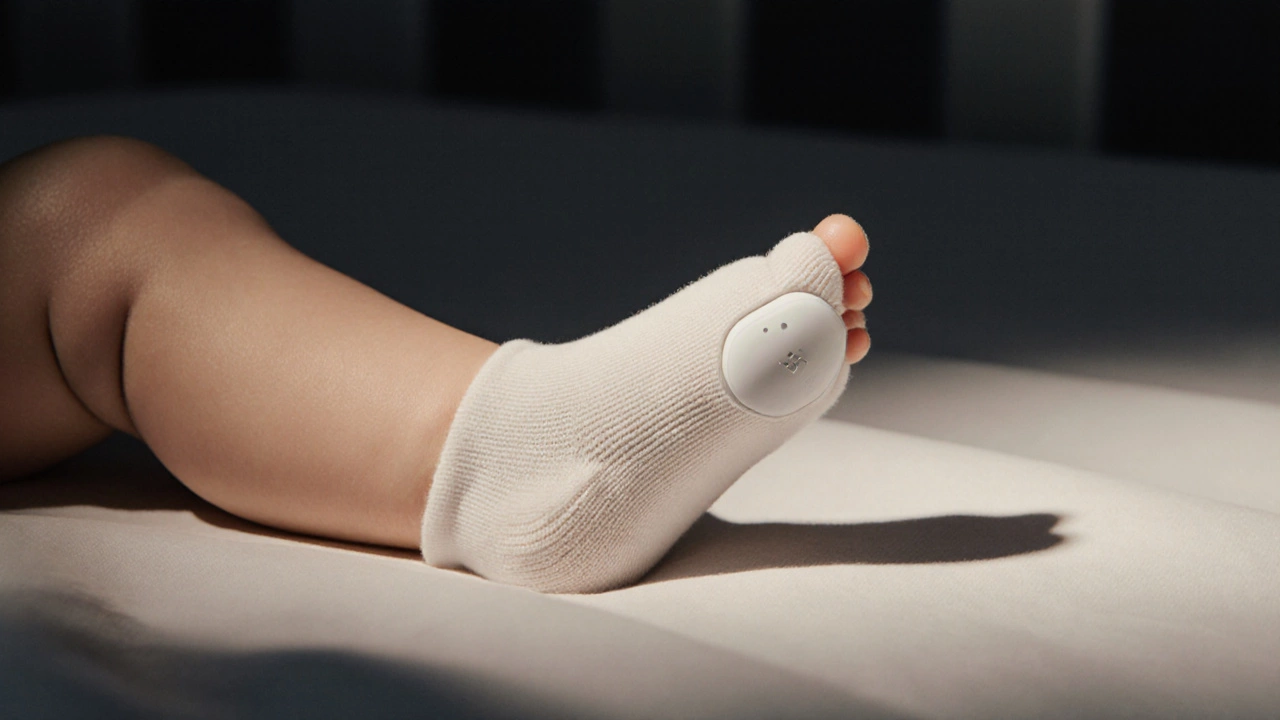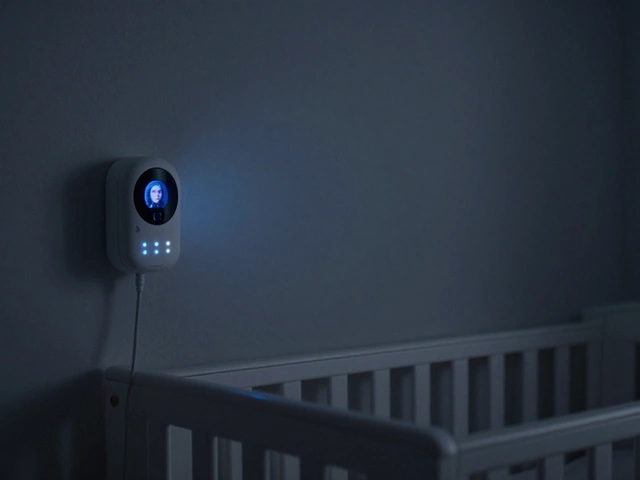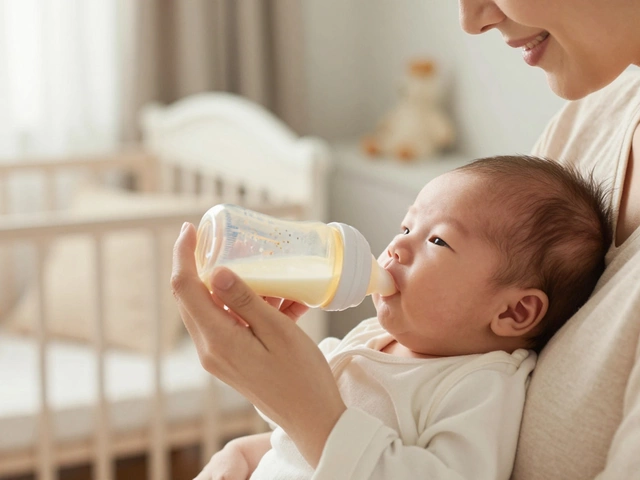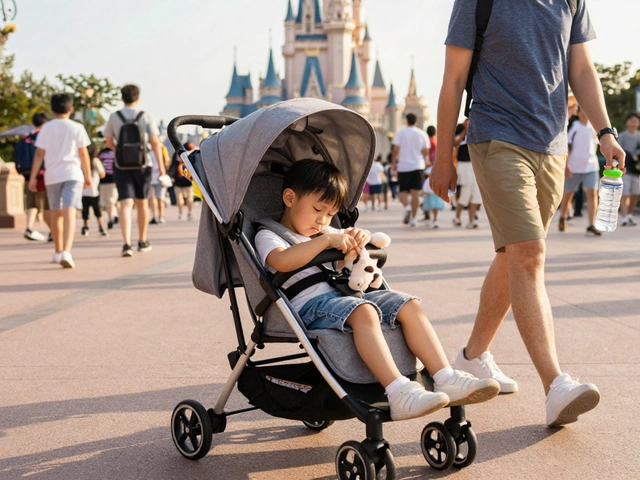Wearable Infant Monitor: Safety, Types, and What Pediatricians Say
When you hear wearable infant monitor, a device worn on a baby’s body to track heart rate, oxygen levels, or movement during sleep. Also known as smart baby socks or baby pulse oximeters, it’s designed to give parents peace of mind by alerting them if something seems off. But while these gadgets promise safety, they’re not medical devices—and that’s where things get complicated.
Many parents turn to wearable infant monitors after hearing stories about SIDS or seeing ads that promise 24/7 monitoring. But pediatricians, medical professionals who specialize in child health and development warn these devices can create false alarms. A 2023 study from the American Academy of Pediatrics found that over 90% of alerts from popular brands like Owlet were false positives—meaning the baby was perfectly fine, but the monitor panicked you anyway. That’s not just stressful; it can lead to unnecessary trips to the ER or sleepless nights chasing ghosts in the data. And here’s the truth: Owlet baby monitor, one of the most popular wearable infant monitors on the market has been flagged for inconsistent readings, especially on babies with darker skin tones, and for emitting low-level radiofrequency signals near delicate newborn tissue—something experts still don’t fully understand.
So what’s the alternative? Simple, proven methods: keeping your baby close enough to kiss in a carrier, sleeping in the same room (but not the same bed), and watching for real signs of distress—like labored breathing, bluish lips, or sudden stillness. These don’t need batteries or apps. They just need your eyes, ears, and presence. And if you’re worried about SIDS, the best thing you can do is follow safe sleep guidelines: back to sleep, bare crib, no loose blankets, no pillows. No gadget replaces that.
What you’ll find below isn’t a sales pitch for the latest tech. It’s a collection of real, practical posts from parents and pediatricians who’ve seen the ups and downs of baby monitoring. From why some doctors advise against wearable monitors, to how to turn your iPhone into a reliable, no-cost alternative, to what to check before buying a used baby monitor—every article here is grounded in safety, not marketing. No fluff. Just what works.

Are wearable baby monitors worth it? Real pros and cons for new parents
Wearable baby monitors claim to track your baby's health while they sleep-but are they worth the cost and stress? Learn what they really do, what experts say, and what actually keeps babies safe.
view more



